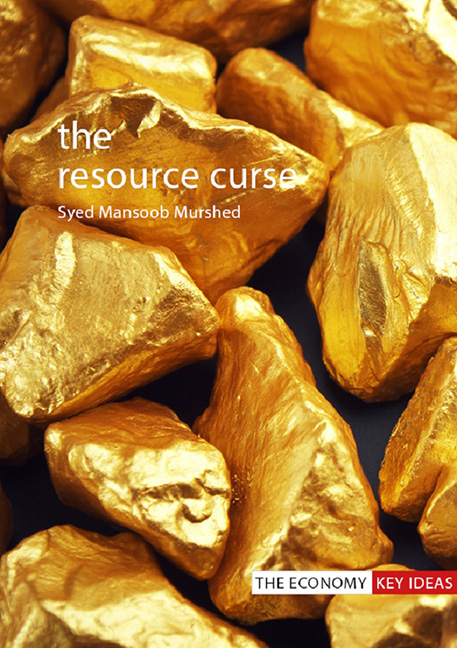Book contents
- Frontmatter
- Dedication
- Contents
- Acknowledgements
- 1 Introduction: explaining the resource curse
- 2 The Dutch disease and deindustrialization
- 3 Growth and the institutional resource curse
- 4 Empirical evidence on the resource curse
- 5 Resource rents and violent internal conflict
- 6 Managing resource rents
- 7 Concluding comments
- Appendix 1 Growth collapse with rent-seeking
- Appendix 2 A model of civil war with greed and grievances
- References
- Index
4 - Empirical evidence on the resource curse
Published online by Cambridge University Press: 09 August 2023
- Frontmatter
- Dedication
- Contents
- Acknowledgements
- 1 Introduction: explaining the resource curse
- 2 The Dutch disease and deindustrialization
- 3 Growth and the institutional resource curse
- 4 Empirical evidence on the resource curse
- 5 Resource rents and violent internal conflict
- 6 Managing resource rents
- 7 Concluding comments
- Appendix 1 Growth collapse with rent-seeking
- Appendix 2 A model of civil war with greed and grievances
- References
- Index
Summary
This chapter examines the empirical evidence on the effects of resource rents, and whether they turn into a “curse” for the economy. There is an abundance of empirical research examining evidence for the existence of the resource curse, as indicated in Chapter 1. As far as the economics discipline is concerned, some of these studies involve cross-country econometric analysis, others look at the problem in a subnational context, and then there are more descriptive country case studies. I begin with measurement issues concerning important variables in this connection. This is followed by a survey of the cross-country econometric evidence regarding growth and resource rents, including literature that regards institutions as playing an important mediating role in growth, along the lines of Acemoglu, Johnson and Robinson (2001, 2005). The next section is concerned with the impact of resource rents on institutions, mainly in terms of democracy, but also corruption at a cross-country level. The cross-country econometric results are extremely variable as to whether there is a curse or not, depending on a whole host of factors, such as choice of variables (covariates), measures of resource richness chosen and also uses of evolving econometric techniques. Results using dynamic panel data analysis are considered the most reliable under the present state of the art in econometrics. I then review the subnational evidence on the resource curse when resource rents negatively impact on resource-producing regions relative to the rest of the national economy. Finally, I briefly examine a few country case studies of resourcerich economies, with some nations avoiding the resource curse, whereas others do not.
Measurement issues
It is worthwhile defining how resource intensity is measured. This can be important, as the ranking among nations with regard to resource dependence might change, depending upon the metric utilized. Furthermore, different units of measurement may cause fluctuating statistical significance in empirical models analysing the effect of resource abundance on other economic phenomena, such as growth or education spending. One way of measuring resource dependence would be simply to look at the proportionate contribution of mining (or mining and agriculture) in national income.
- Type
- Chapter
- Information
- The Resource Curse , pp. 47 - 82Publisher: Agenda PublishingPrint publication year: 2018



